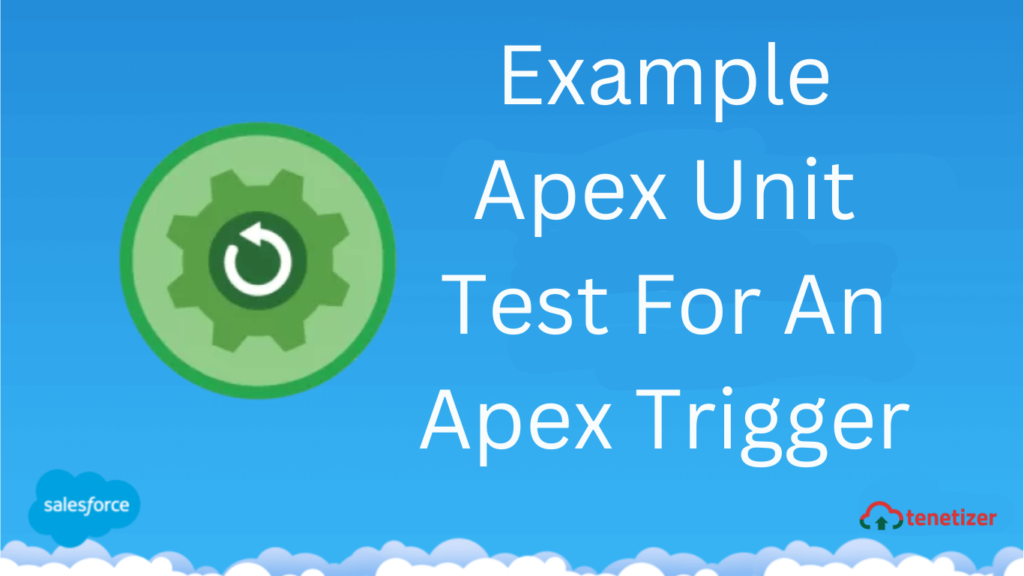She faced challenges while deploying the code and realized there was no Apex Test class included in the initial post.
As I offered assistance, I recognized the opportunity to present another helpful example for readers. Having an additional sample Apex Unit Test can be beneficial for those learning Apex and provides more content for this site.
Here’s an example of an Apex Test Method that achieves 96% code coverage for the original Account trigger I authored. The test method does not cover the single line following the catch statement in the trigger. Therefore, if you remove the try/catch logic from the trigger, using the provided test method will result in 100% coverage
/*
Created by: Greg Hacic
Last Update: 25 March 2014 by Greg Hacic
Questions?: greg@interactiveties.com
NOTES:
- Tests the reassignRelatedContactsAndOpportunities trigger
- Provides 96% coverage (validates everything except the catch portion of the logic in the trigger)
*/
@isTest
private class reassignmentTriggerTEST {
//test for account update being made by incorrect user
static testMethod void someContactsAndOpportunities() {
//BEGIN: perform some setup steps...
//create some testing accounts
List<Account> accounts = new List<Account>();
accounts.add(new Account(Name = 'Interactive Ties', Website = 'http://www.interactiveties.com/'));
insert accounts; //insert the account list
//create some testing contacts
List<Contact> contacts = new List<Contact>();
contacts.add(new Contact(AccountId = accounts[0].Id, FirstName = 'Tess', LastName = 'Dachshund', email='tess@ities.co')); //new Contact detail
contacts.add(new Contact(AccountId = accounts[0].Id, FirstName = 'Grachus', LastName = 'Dachshund', email='grachus@ities.co')); //another new Contact detail
insert contacts; //insert the contact list
//create some testing opportunities
List<Opportunity> opportunities = new List<Opportunity>();
opportunities.add(new Opportunity(AccountId = accounts[0].Id, Amount = 20000, CloseDate = date.today(), Name = 'Test Opportunity', StageName = 'Identified'));
opportunities.add(new Opportunity(AccountId = accounts[0].Id, Amount = 10000, CloseDate = date.today(), Name = 'Test Opportunity', StageName = 'Identified'));
insert opportunities; //insert the opportunity list
Profile prof = [SELECT Id FROM Profile WHERE Name = 'System Administrator']; //get a profile Id
User user = new User(Alias = 'TDemo', Email = 'greg@interactiveties.com', EmailEncodingKey = 'ISO-8859-1', FirstName = 'Demo', LanguageLocaleKey = 'en_US', LastName = 'User', LocaleSidKey = 'en_US', ProfileId = prof.Id, TimeZoneSidKey = 'America/Denver', Username = 'demo.test.user@interactiveties.com'); //new User details
insert user;
//END: perform some setup steps...
Test.startTest();
//reassign the account
List<Account> accountUpdates = new List<Account>(); //new List of Account sObjects
accountUpdates.add(new Account(Id = accounts[0].Id, OwnerId = user.Id));
update accountUpdates;
Test.stopTest();
//validate that the account is assigned properly
Account a = [SELECT OwnerId FROM Account WHERE Id =: accounts[0].Id];
System.assertEquals(a.OwnerId, user.Id);
//validate that the contacts are assigned properly
for (Contact c : [SELECT OwnerId FROM Contact WHERE AccountId =: accounts[0].Id]) {
System.assertEquals(c.OwnerId, user.Id);
}
//validate that the opportunities are assigned properly
for (Opportunity o : [SELECT OwnerId FROM Opportunity WHERE AccountId =: accounts[0].Id]) {
System.assertEquals(o.OwnerId, user.Id);
}
}
}
I have added comments to the code to explain each line’s functionality. If you have any questions, feel free to reach out to me via email.
Additionally, I want to express my gratitude to Quené for getting in touch. It’s encouraging to know that others are engaging with the information I share, and I value the feedback.
